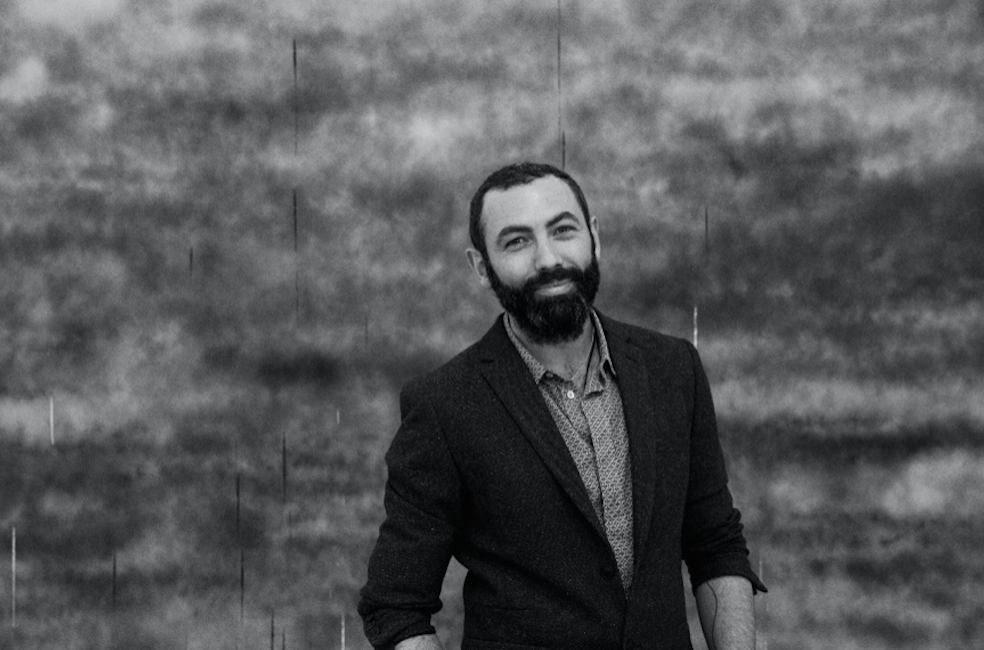
The 13th edition of the Baltic Triennial, set to take place in 2018, will be curated by Vincent Honoré, according to an announcement by Contemporary Art Centre Vilnius.
Established in 1979, the Baltic Triennial is devoted to presentations by young artists living and working in the Baltic region, and often focuses on non-conformist themes and attitudes expressed in their artworks.
Marking a centenary for the Restoration of Independence of Lithuania, Latvia, and Estonia, the 2018 edition will be jointly organized for the first time by three institutions, each representing one country respectively: CAC Vilnius, kim? Riga, and CCA Tallinn (which is also the commissioner of the Estonian Pavilion at the Venice Biennale). The exhibitions will spread across the three Baltic countries.
“The Baltic Triennial is one of the most experimental events of its kind,” Honoré said in a statement. “I am thrilled to be selected as curator for its 13th edition, and eager to start a collective research that will deal with infiltrations, displacements, and hybridisations as valid forms of production. I expect the Triennial to be a place of disorder, exploring definitions and identities through action.”
Honoré is director and curator of London’s David Roberts Arts Foundation (DRAF). Since its inception in 2007, Honoré has devised a successful exhibition program that has turned the foundation into a curatorial powerhouse. Prior to his post there, Honoré was a curator at Palais de Tokyo in Paris (2001-2004) and at Tate Modern in London (2004-2007).
The selection committee consisted of the director of the three commissioning institutions: Kęstutis Kuizinas, of CAC Vilnius, Lithuania; Maria Arusoo, of CCA in Tallinn, Estonia; and Zane Onckule, program director at kim? Contemporary Art Centre in Riga, Latvia.
Kuizinas said in a statement, “His proposal stood out, due to its […] distinctive approach to the format of the Baltic Triennial itself. The committee also selected his project knowing that he would maintain the Baltic Triennial’s unique position as a leading platform for artistic and curatorial experimentation in the Nordic region and beyond.”